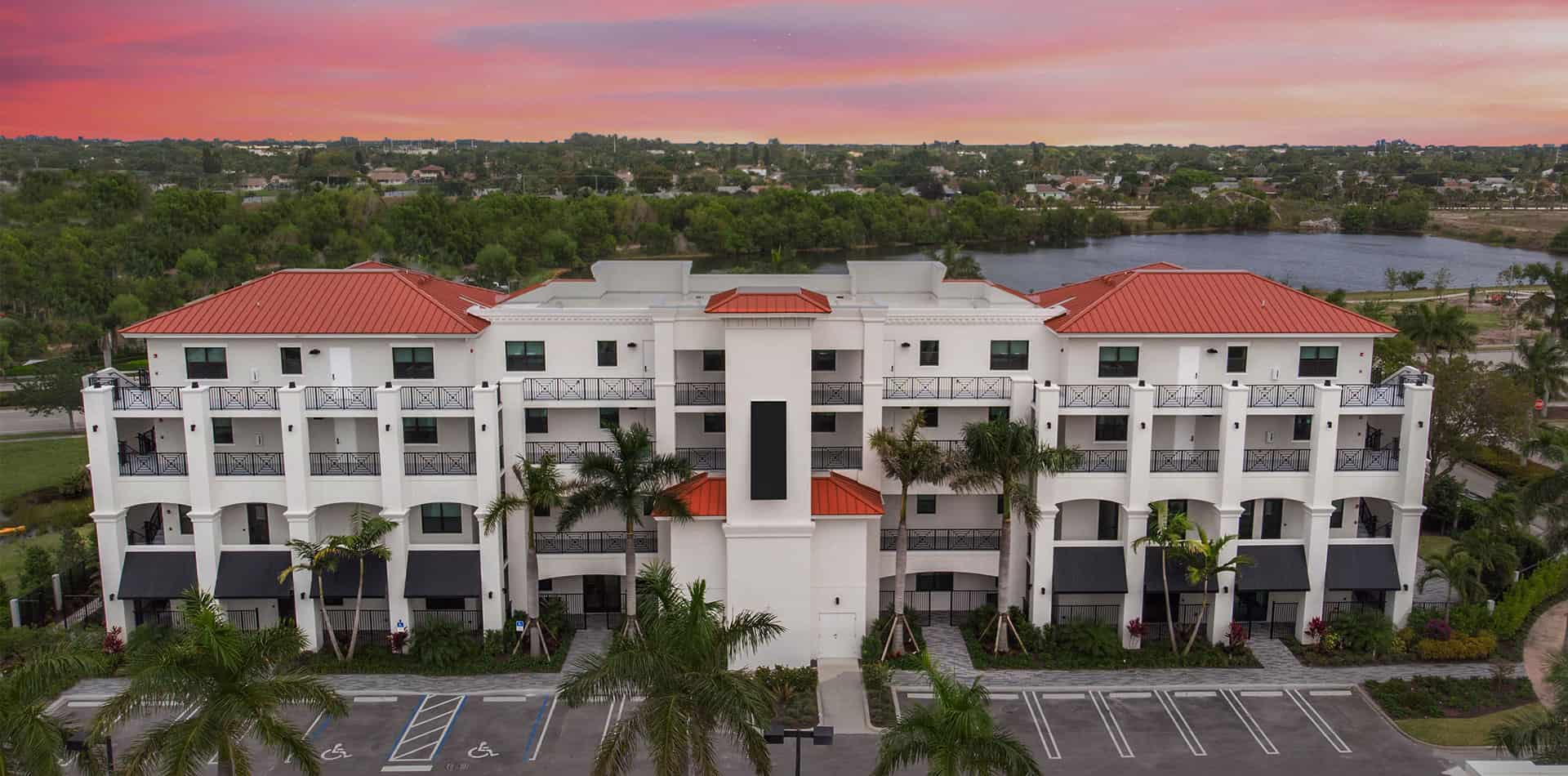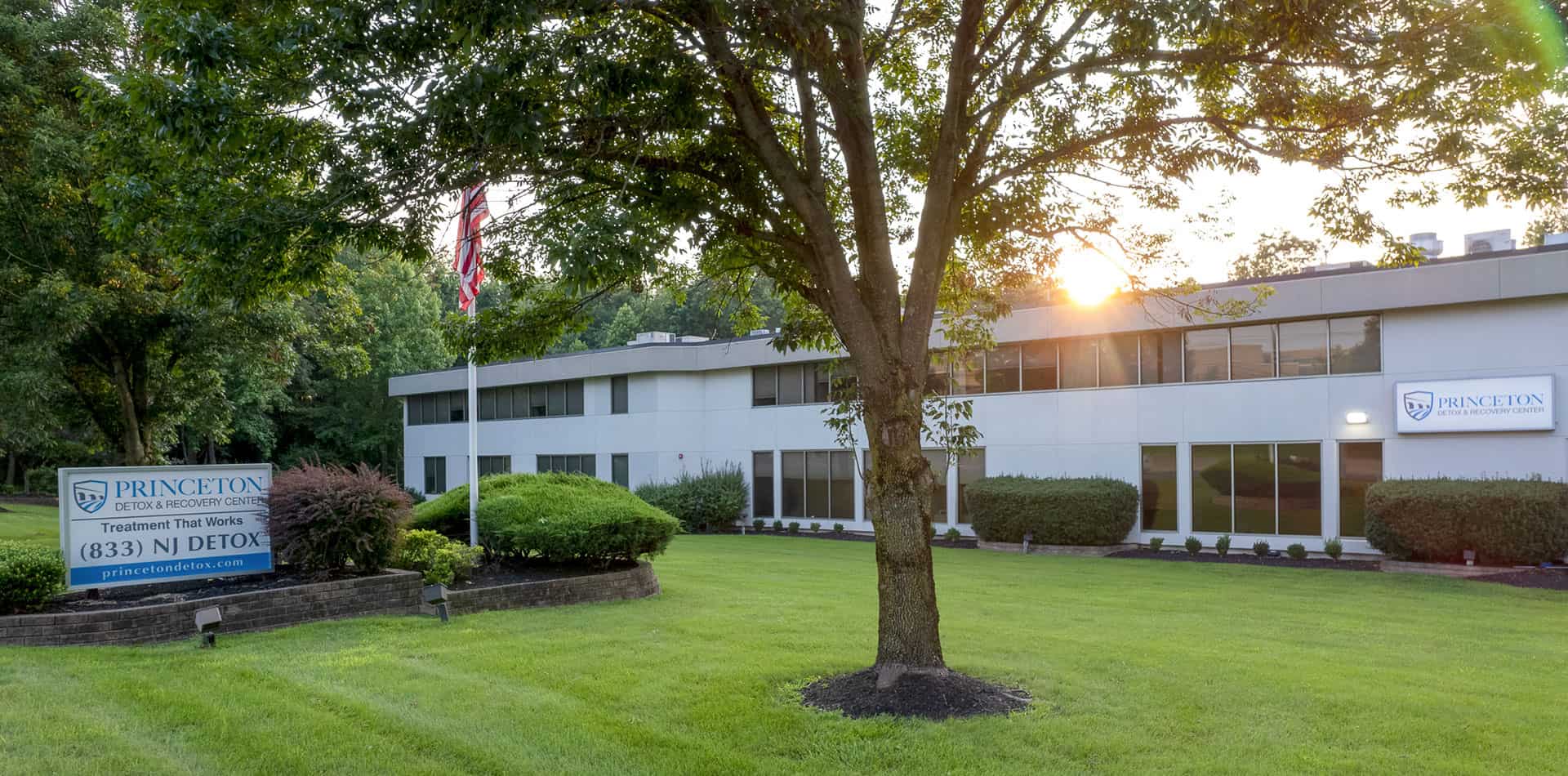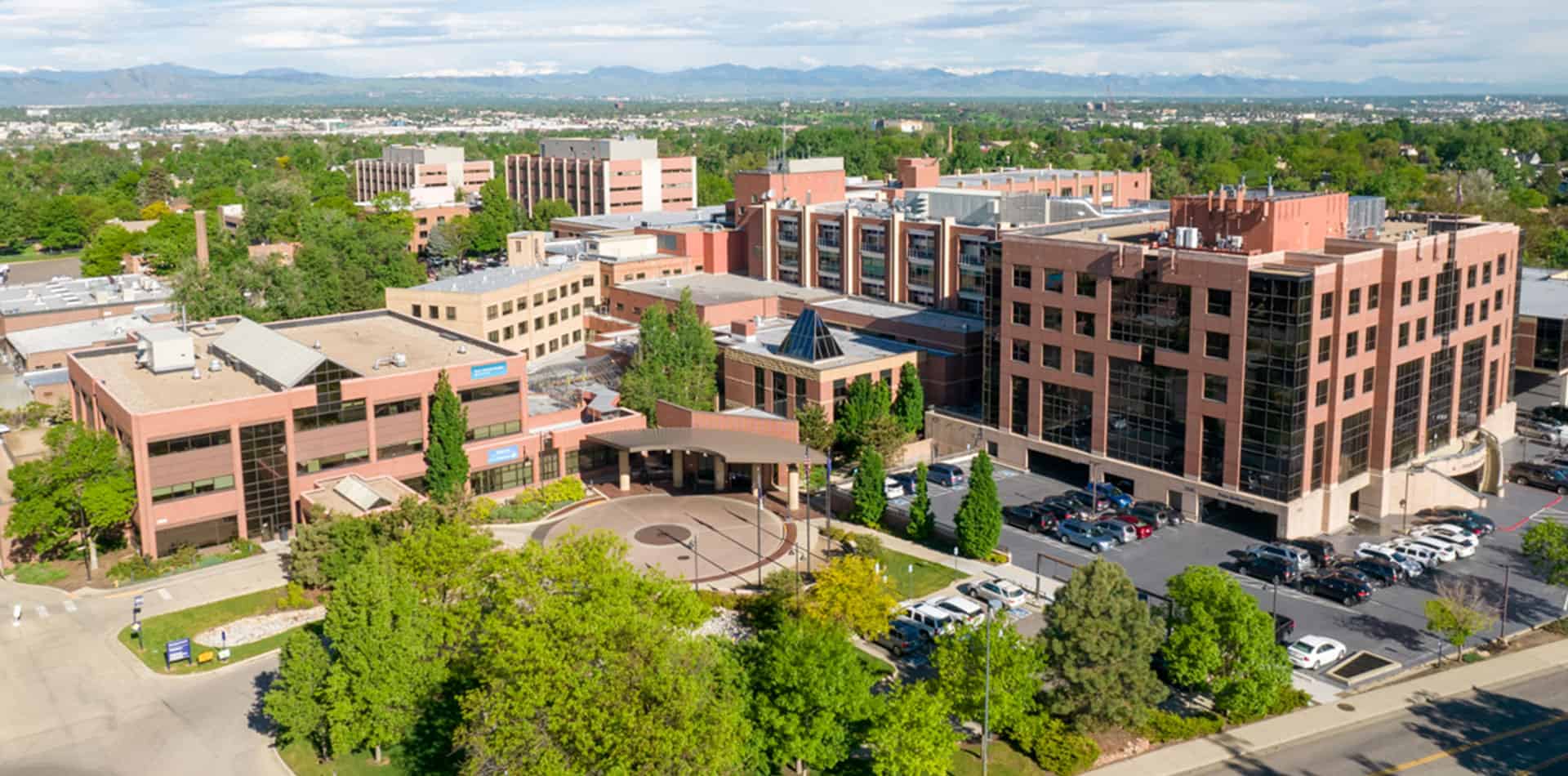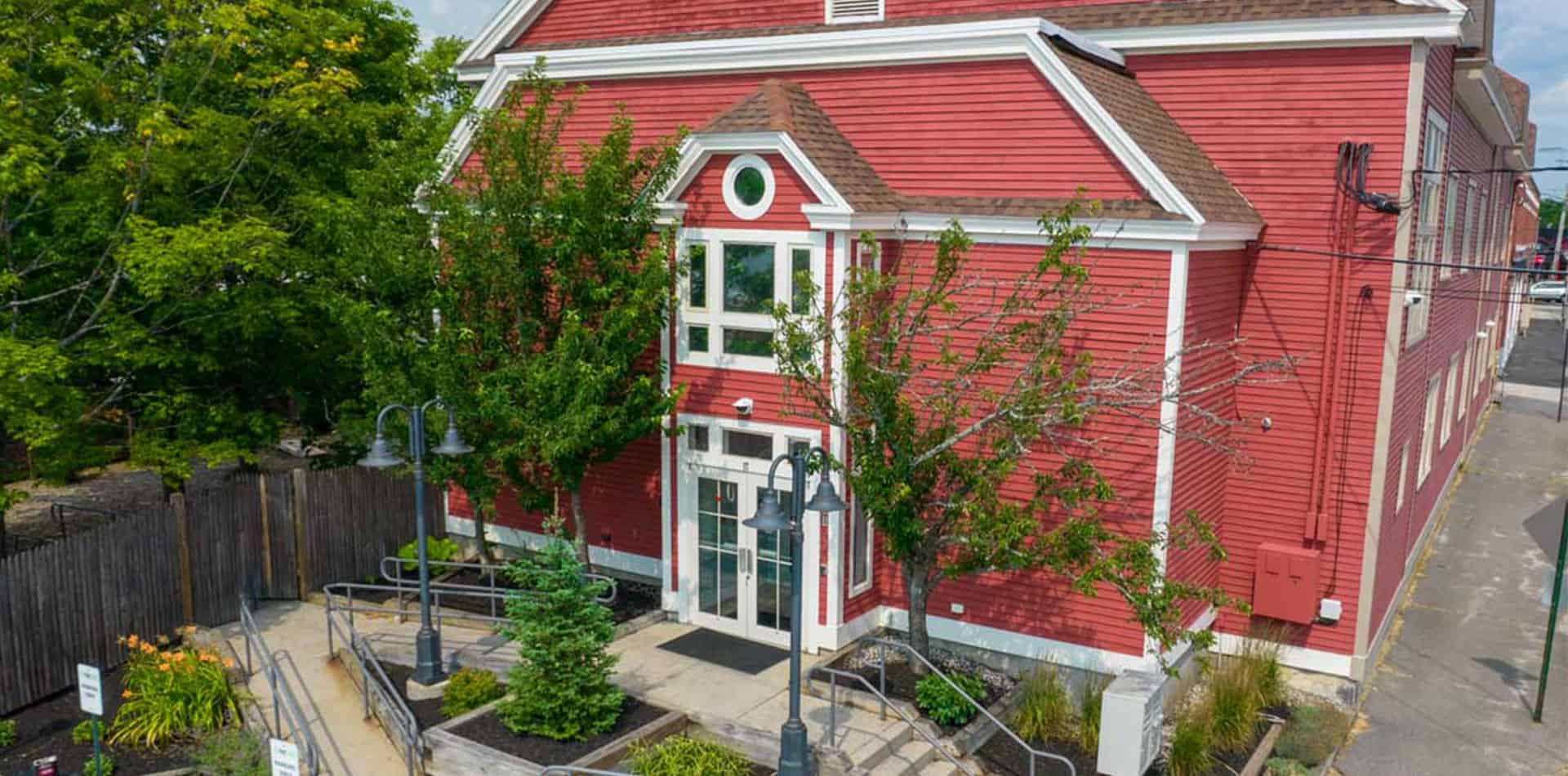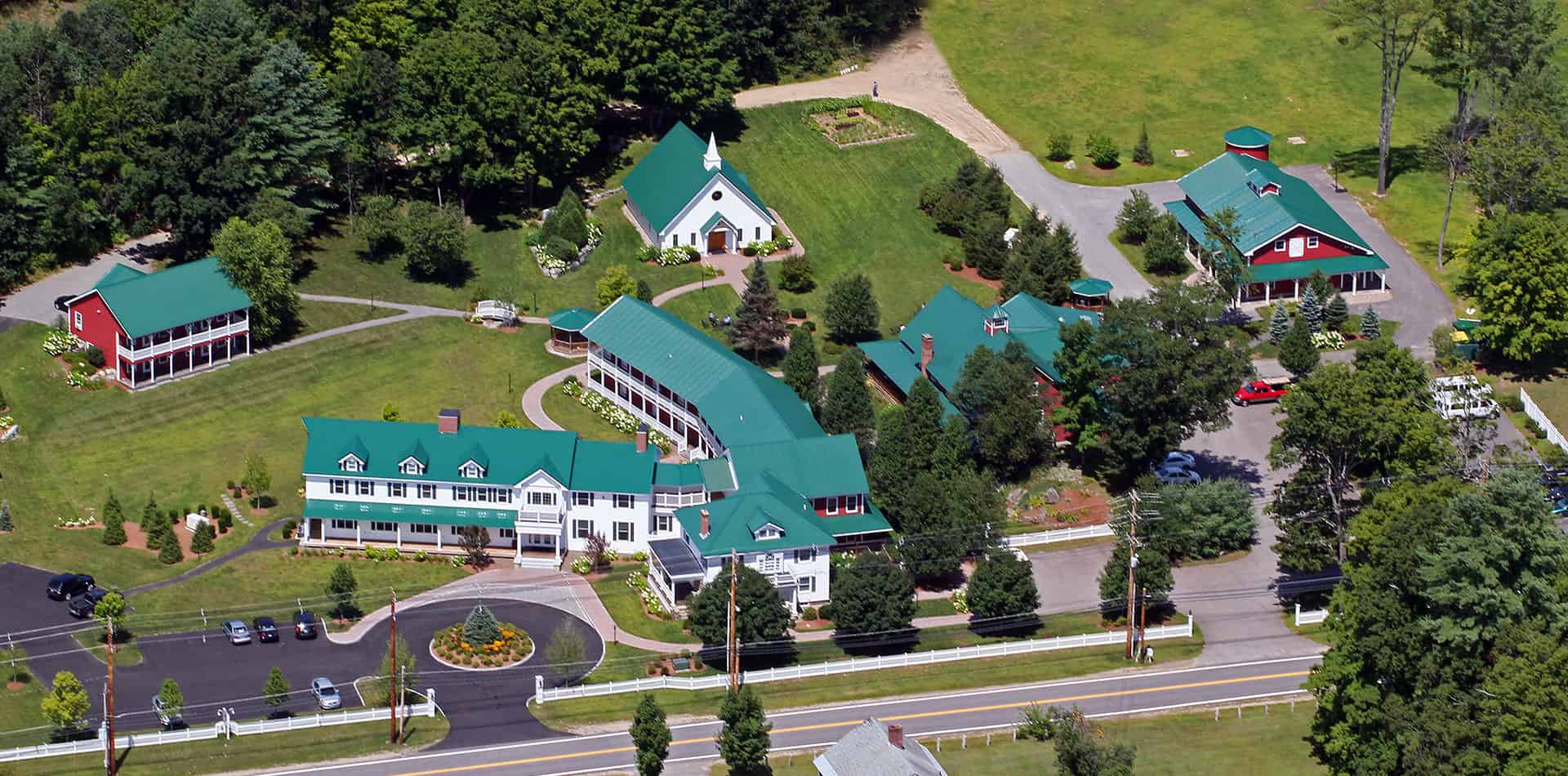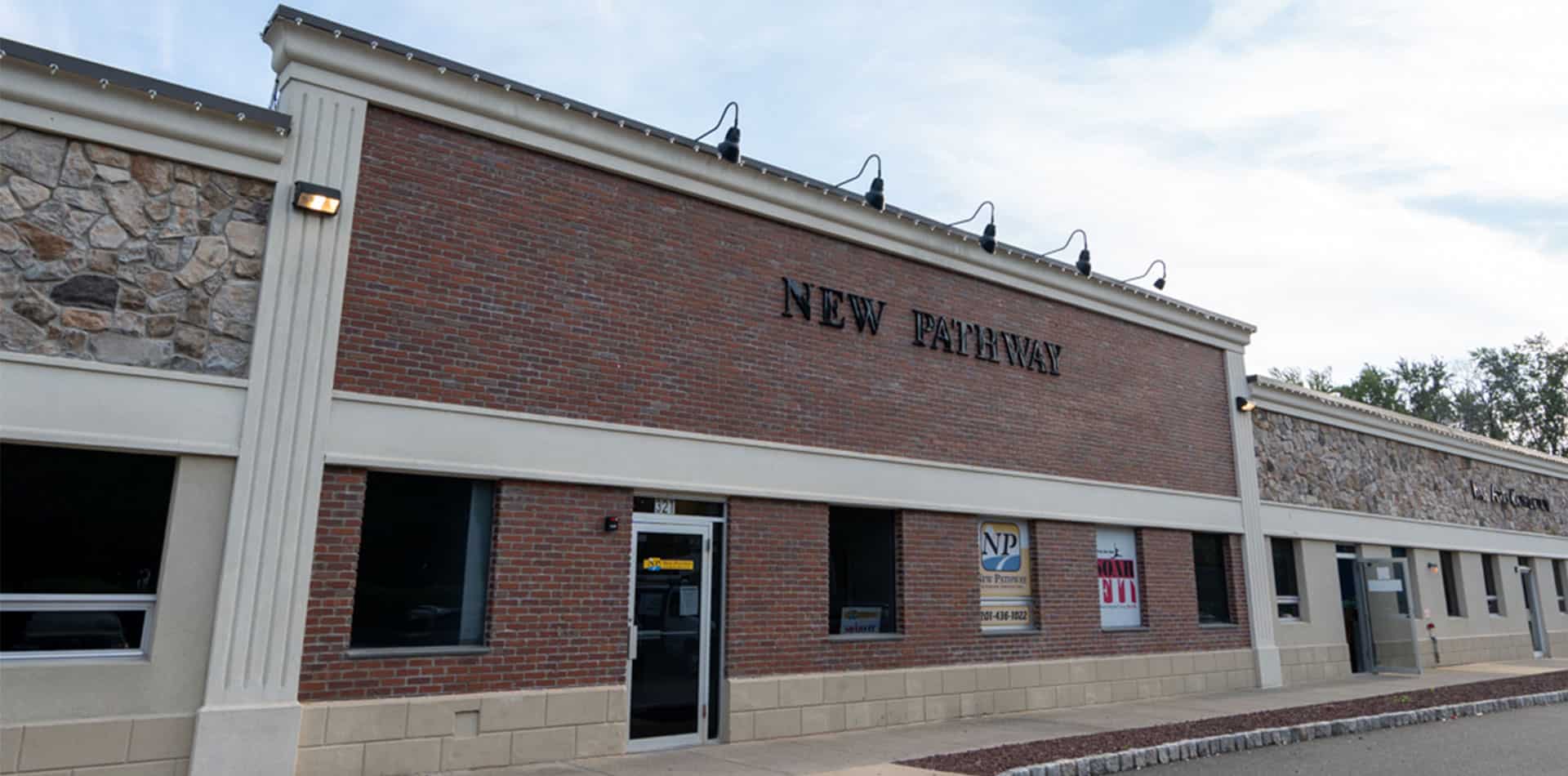The Treatment Process
We will give you the support and guidance you need to get started on the road of long-term recovery.
Our treatment process offers a comprehensive and individualized approach to addiction treatment. It is structured in three key stages: Stabilization, Motivation, and Reintegration. Our program begins with physical and emotional stabilization, which happens during medical detox. During this stage, we lay the groundwork for continued recovery. The next phase, Motivation, focuses on understanding addiction, changing negative behaviors, and beginning to heal mentally and emotionally. The final stage, Reintegration, helps clients apply recovery tools in real-life situations, encouraging self-confidence and integration into society. Each stage is tailored to individual needs, ensuring a holistic and effective recovery journey.
The full treatment process takes individuals on a progressive journey from medical detox, to residential inpatient, to partial hospitalization, and finally to intensive outpatient and aftercare. We have found this journey to be an extremely effective path because it allows individuals the time and tools they need to transform. It equips them to deal with their emotions, make meaningful personal connections, be accountable, and face challenges without unhealthy coping mechanisms. Additionally, it allows them to slowly re-integrate into the world-at-large while supported by peers and professionals.
While we believe our treatment process is extremely effective, we acknowledge that every individual is unique. Depending on the severity of the behavioral health concern or an individual’s life circumstances, different stages of treatment might be appropriate. Guardian’s team of experienced Treatment Advisors and Case Managers work together to craft a custom recovery plan that best suits the individual. Regardless of which stage of treatment one pursues, we are confident our programs will help individuals begin on the path to lifelong recovery.
Stabilization
During the Stabilization Stage of our recovery process, clients are physically and mentally stabilized in one of our medical detoxification centers. A thorough, personalized aftercare plan is developed ensuring the recovery journey continues without a hitch.
Motivation
The Motivation Stage typically includes an extended stay in one of our residential treatment centers. During this stage of the process, clients begin to heal on a physical, mental, emotional, and spiritual basis.
Reintegration
During the Reintegration Stage, clients transition from residential care into an outpatient treatment program that meets their constantly evolving needs. Here, they learn to reintegrate into their day-to-day lives, implemeting the tools they have learned.
Get Local Help
Helpful, Recovery
Resources
- The Guardian Path
- Recovery Tips
- Frequently Asked Questions
- Insurance Check
- Ask a Question
Stabilization
What is addressed?
- Physical detoxification
- Emotional stabilization
- Individual Addiction Assessment
- Laying a foundation for continued recovery
How long is it?
A client’s duration in this stage is based on what is deemed medically appropriate by professional clinicians. Typically it is between 3-14 days depending on the severity of an individual’s addiction, and any underlying medical conditions.
Goals:
- Detox safely & comfortably
- Clear the mind
- Stabilize the body
- Learn about addiction & recovery
- Find hope for a new life
What services?
Guardian Recovery provides a thorough and compassionate approach to the first stage of addiction recovery, focusing on three crucial aspects: physical detoxification, emotional stabilization, and individual addiction assessment. This process begins with a medically supervised detox, tailored to each client’s unique needs and health conditions, typically lasting between 3 to 14 days. The goal is to ensure a safe and comfortable detox process, clear the mind, stabilize the body, and lay a solid foundation for recovery.
During this stage, clients receive comprehensive services including intervention, admission, addiction assessment, and medical detoxification. The environment is designed to promote healing and comfort, featuring modern medical facilities, serene lounges, nutritious meals, and a range of therapeutic activities such as group therapy, educational workshops, 12-Step meetings, meditation, acupuncture, and yoga. These experiences help clients understand addiction, learn essential recovery tools, and plan their continued recovery journey.
This individualized approach ensures each client is equipped with knowledge, support, and a clear path forward as they transition from stabilization to the next phase of their recovery.
Start Healing Today!
Choose recovery and take control of your life, it’s the path to a brighter future filled with health, happiness, and fulfillment.
Motivation
What is addressed?
- Fully understanding one’s condition
- Learning tools for regulating emotions
- Changing negative thought patterns
- Breaking destructive cycles of behavior
- Beginning to heal past traumas
How long is it?
A client’s duration in this stsge is based on what is deemed clinically appropriate by professional staff. Typically it is 28-60 days.
Goals:
- Find hope for recovery
- Recognize negative patterns
- Learn tools to transform our behaviors
- Build a sense of community with others
- Begin healing past emotional wounds
What services?
The Motivation Stage at Guardian Recovery is a critical step in the recovery journey, designed to promote self-awareness and emotional healing. It spans 28 to 60 days, depending on individual needs. During this stage, clients focus on understanding their addiction and the importance of recovery. They learn to identify and transform negative thought patterns and behaviors, breaking cycles of destructive behavior. This stage is also about beginning to heal from past traumas and fostering a sense of hope for a better future.
Clients engage in a variety of therapeutic activities which provide a structured yet nurturing environment for recovery. Comprehensive therapy sessions, both individual and group, facilitate deeper understanding and personal growth. Holistic approaches are employed to address the entirety of a person’s well-being.
This stage also places a strong emphasis on building community connections and healthy relationships. Clients participate in family therapy, helping to mend and strengthen bonds with loved ones. They are encouraged to build sober support networks and are introduced to peer-support communities like Alcoholics Anonymous, Narcotics Anonymous, or Smart Recovery. Daily practices such as prayer, meditation, taking daily inventory, and mindfulness exercises are integrated into their routine, aiding in long-term recovery and relapse prevention.
This comprehensive approach ensures clients not only understand their addiction but also develop the skills and strategies needed to sustain recovery and build a fulfilling life post-treatment.
Complimentary Insurance Check
Find Out Today!
"*" indicates required fields

Our Locations
Our Facilities & Teams Transform Lives
Changing lives by providing comprehensive support and rehabilitation, empowering individuals to overcome addiction and regain control of their health and well-being.
Reintegration
What is addressed?
- Practical application of recovery tools
- Secure employment
- Be of service to a recovery community
- Participate in ongoing therapy
- Continue healing
How long is it?
Goals:
- Increase self confidence & integrity
- Develop responsible routine
- Stay active in recovery community
- Progress toward life goals
What services?
The Reintegration Stage at Guardian Recovery, typically extending beyond 60 days, is a crucial period where clients put into practice the recovery tools they’ve learned. This stage is focused on real-world applications, such as securing employment, engaging in education, or participating in volunteer work. Clients are encouraged to be of service to the recovery community, continuing their involvement in individual, group, and family therapies to foster ongoing healing.
During this stage, clients may live in sober living facilities or in their own homes, provided these environments are conducive to recovery. They participate in the Guardian Recovery’s Intensive Outpatient Programs (IOP), balancing their work or academic responsibilities with recovery activities. The emphasis is on building and maintaining a sober support network, involving regular attendance at recovery meetings, and taking active roles within these groups.
Clients also face real-world challenges, such as handling difficult personalities at work, managing responsibilities, and navigating environments where substance use is glamorized. These situations test and strengthen their recovery skills. With the support of therapists and the recovery community, clients learn to navigate these challenges successfully, fostering self-confidence, integrity, and personal growth.
This stage is not just about maintaining sobriety but about thriving in a sober life, establishing healthy routines, discipline, and experiencing the positive outcomes of a recovery-focused lifestyle. It’s a time for clients to solidify their recovery foundation and progress toward their personal and professional goals.
Reviewed professionally for accuracy by:

Ryan Soave
L.M.H.C.
Ryan Soave brings deep experience as a Licensed Mental Health Counselor, certified trauma therapist, program developer, and research consultant for Huberman Lab at Stanford University Department of Neurobiology. Post-graduation from Wake Forest University, Ryan quickly discovered his acumen for the business world. After almost a decade of successful entrepreneurship and world traveling, he encountered a wave of personal and spiritual challenges; he felt a calling for something more. Ryan returned to school and completed his Master’s Degree in Mental Health Counseling. When he started working with those suffering from addiction and PTSD, he found his passion. He has never looked back.
SELF-ASSESSMENT:
Do I Have a Substance Use Disorder?
Disclaimer: Does not guarantee specific treatment outcomes, as individual results may vary. Our services are not a substitute for professional medical advice or diagnosis; please consult a qualified healthcare provider for such matters.

